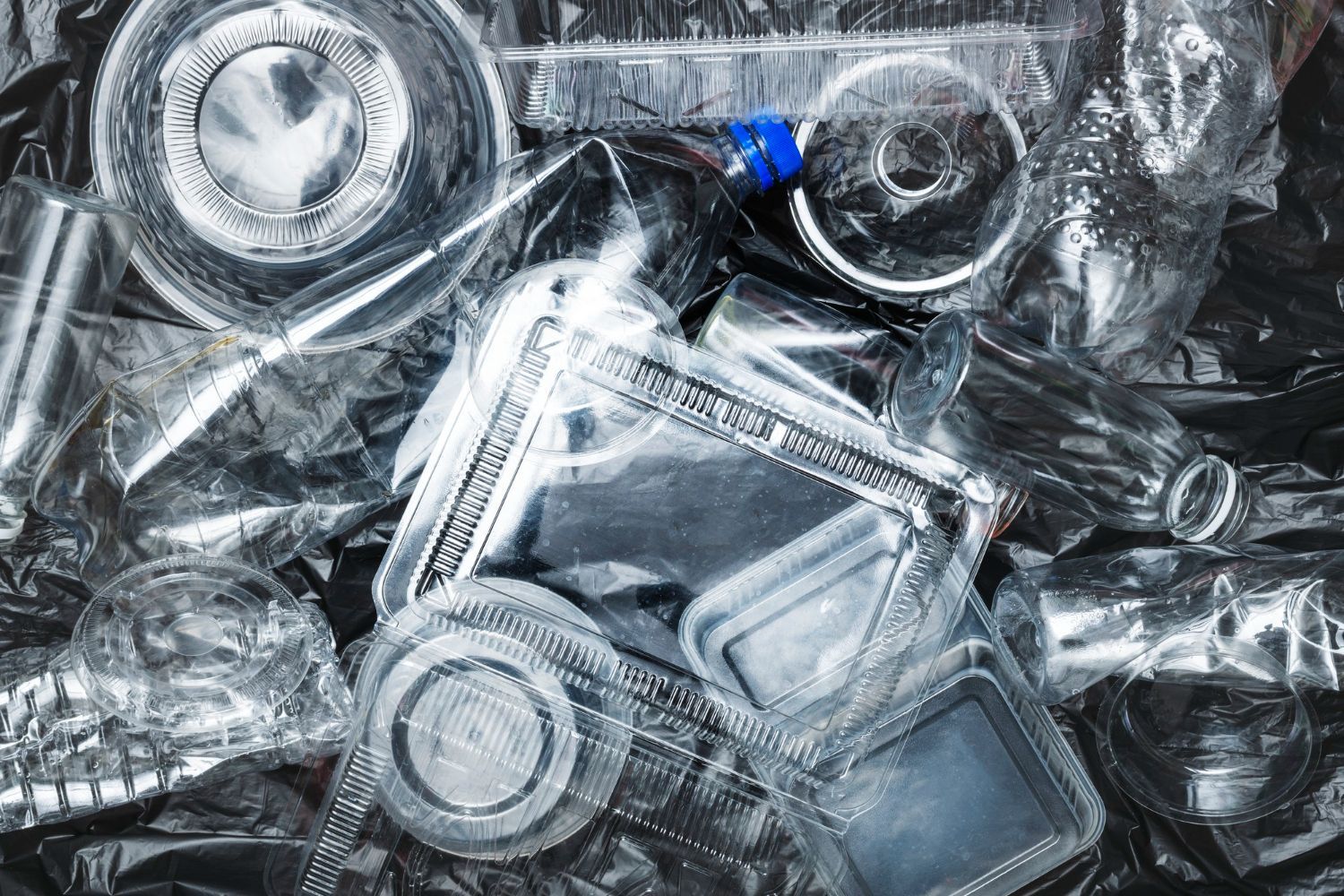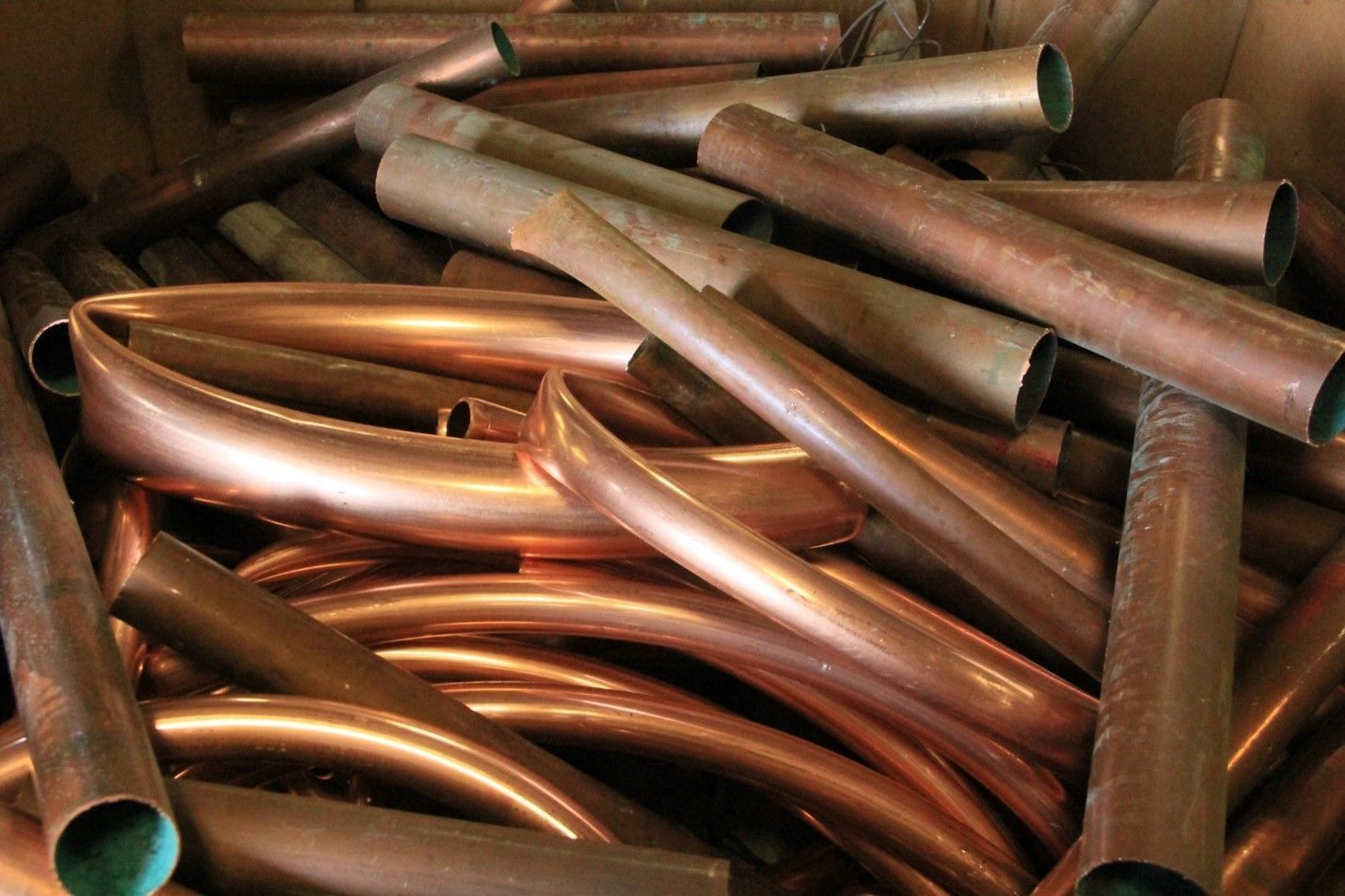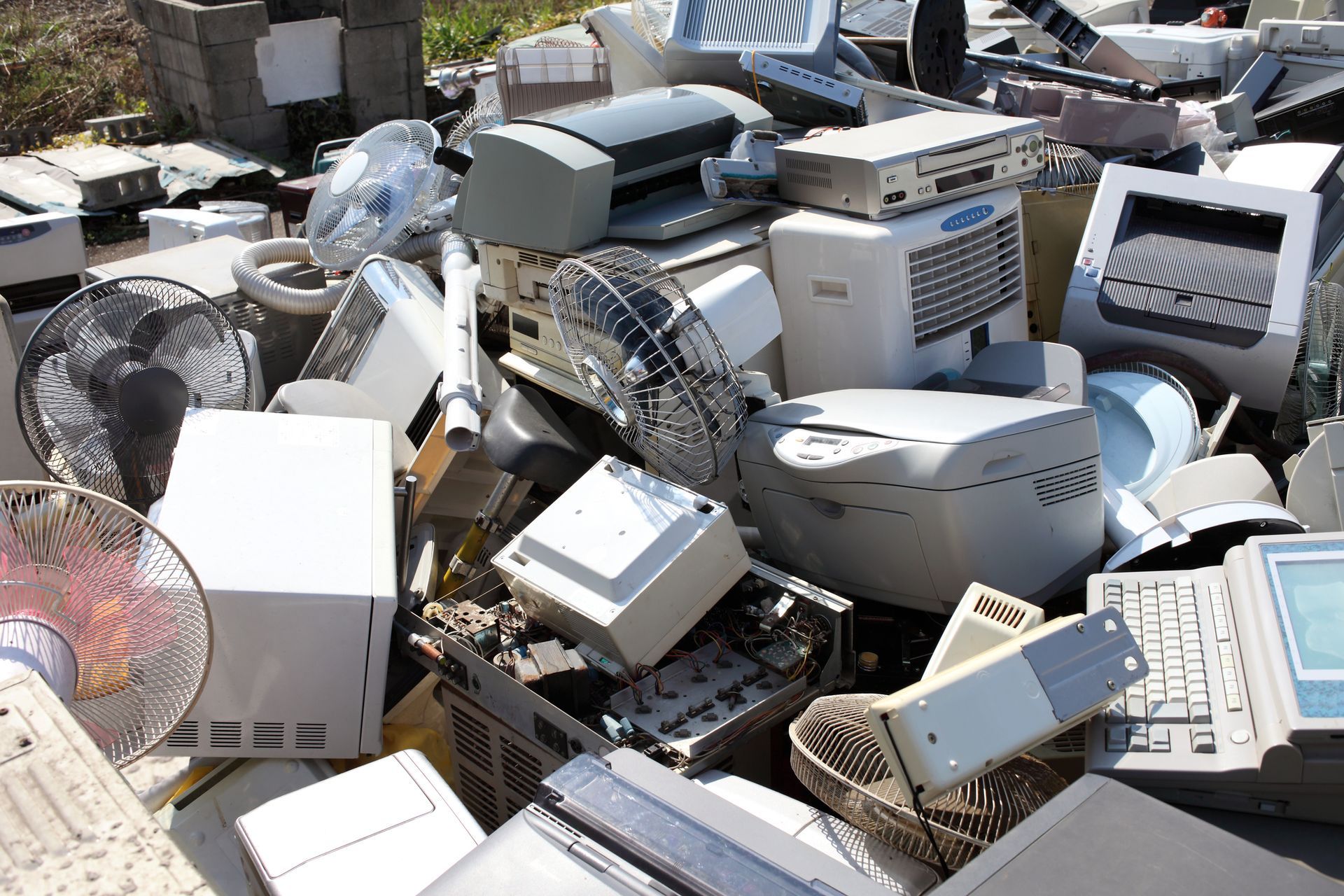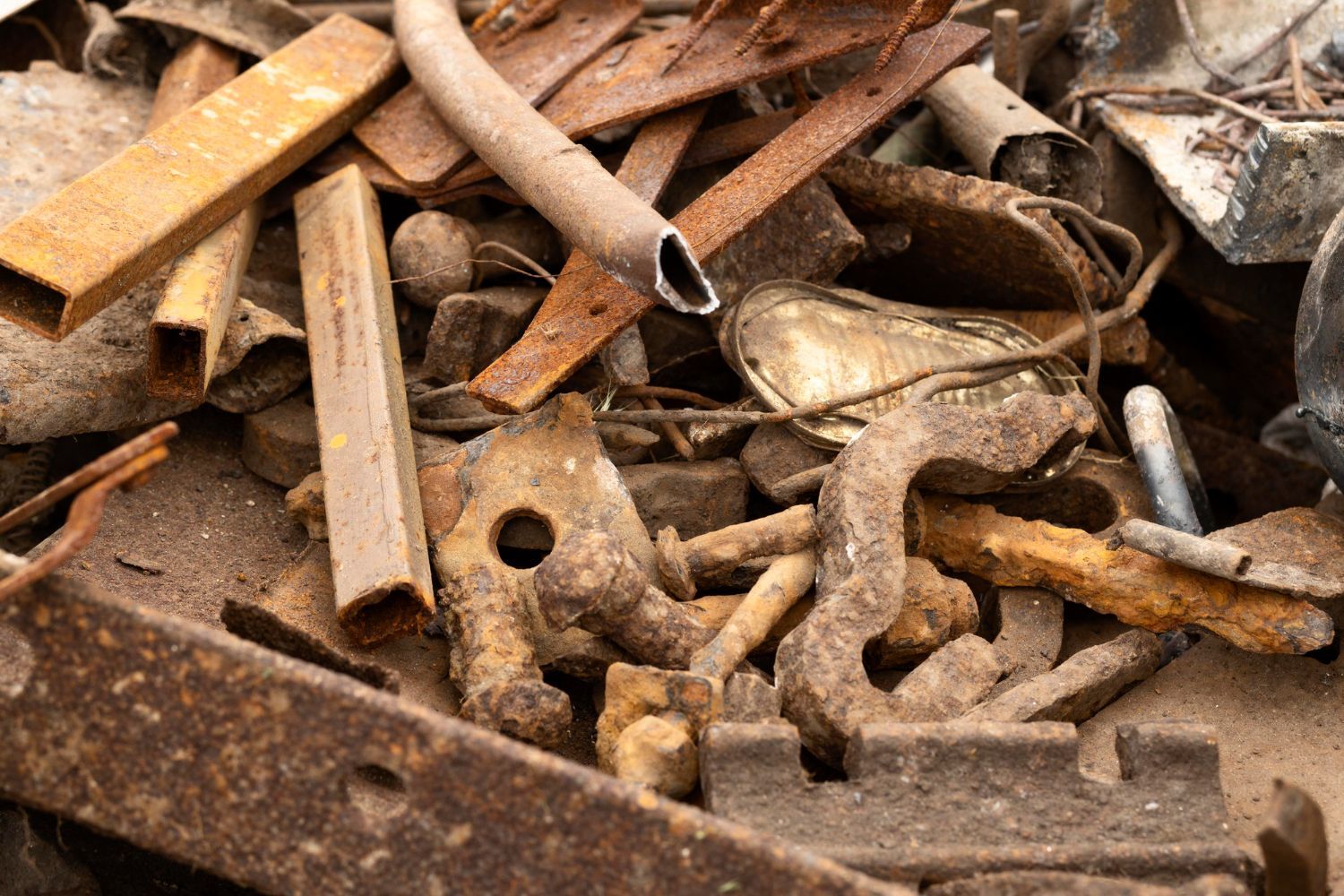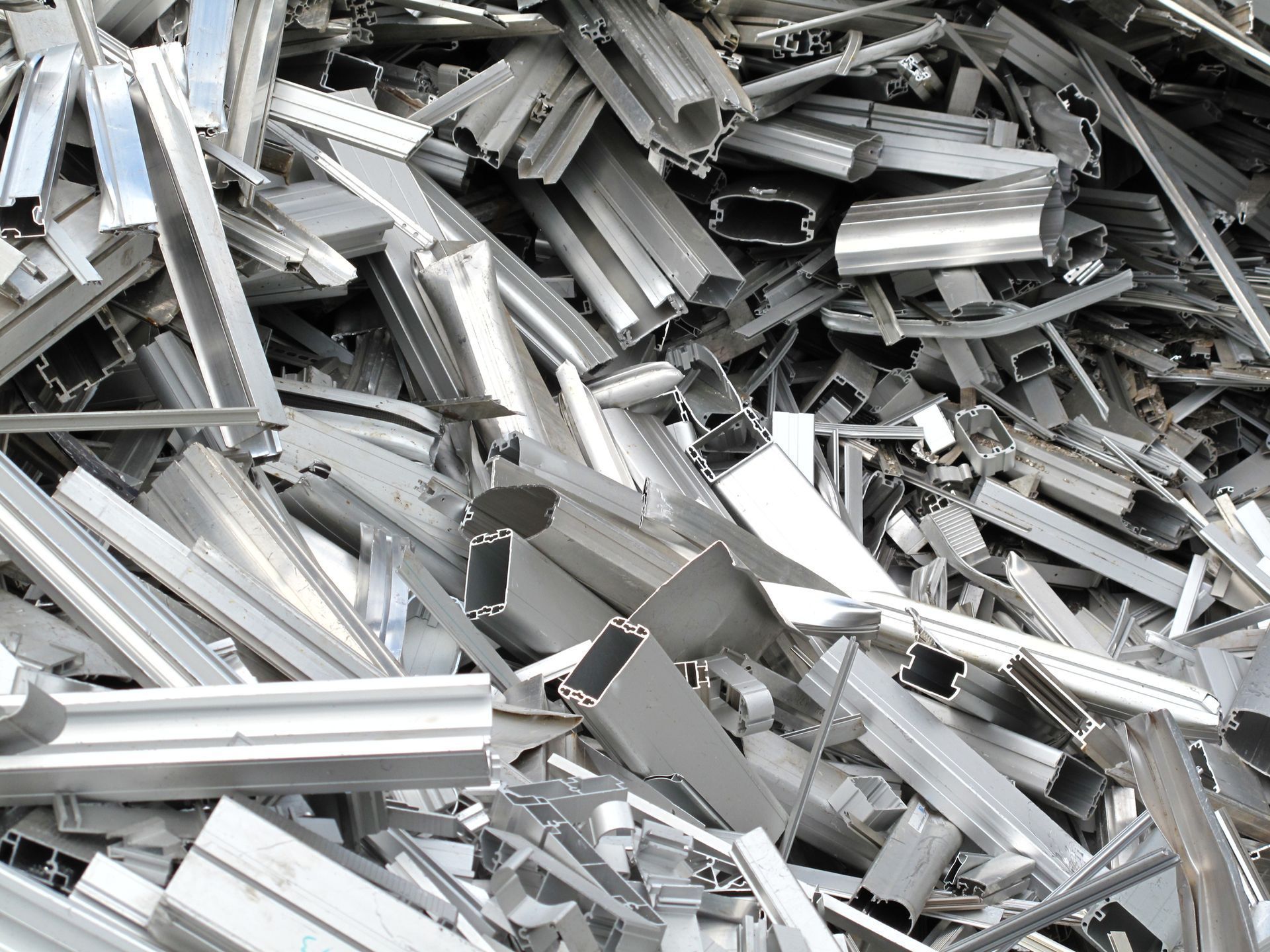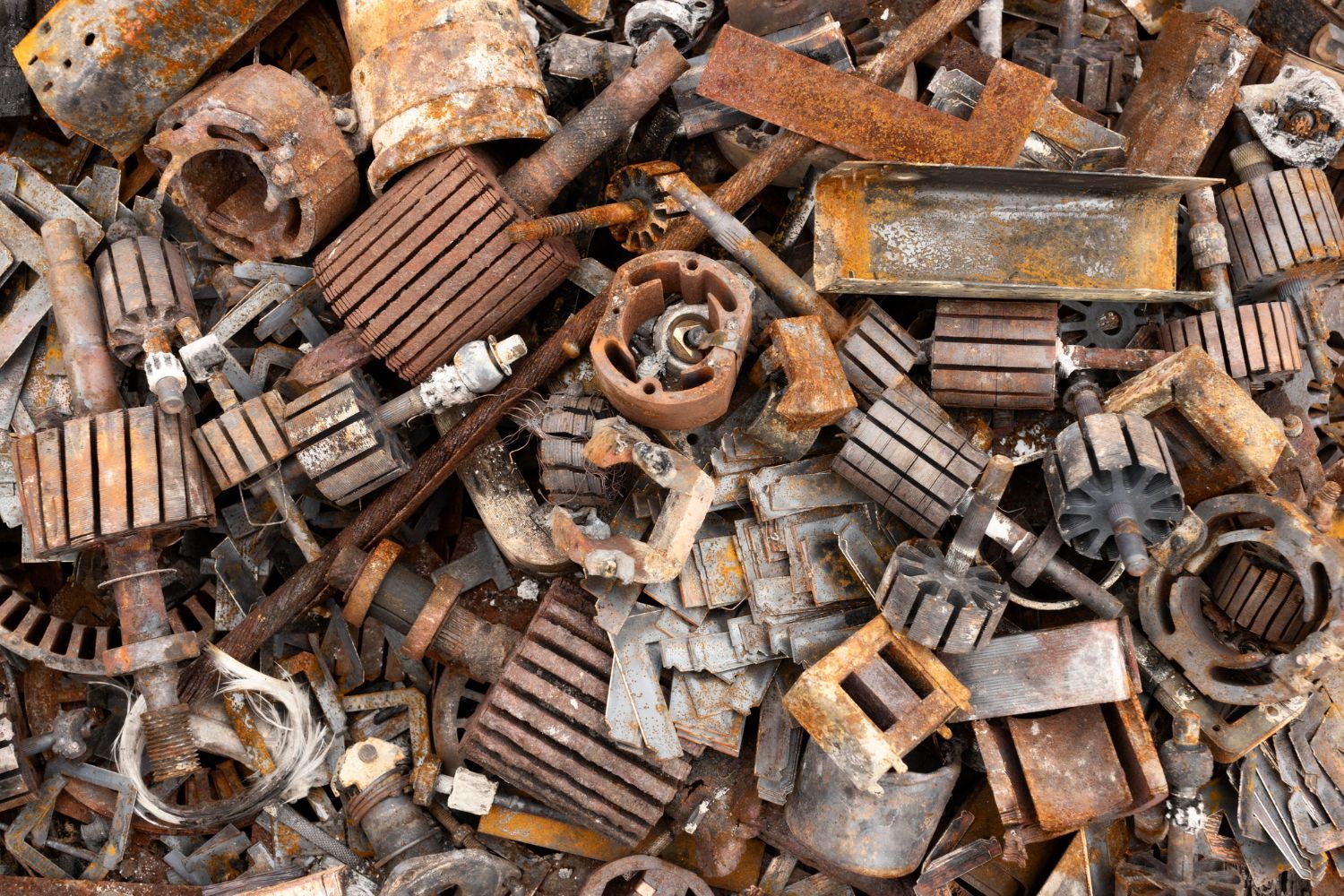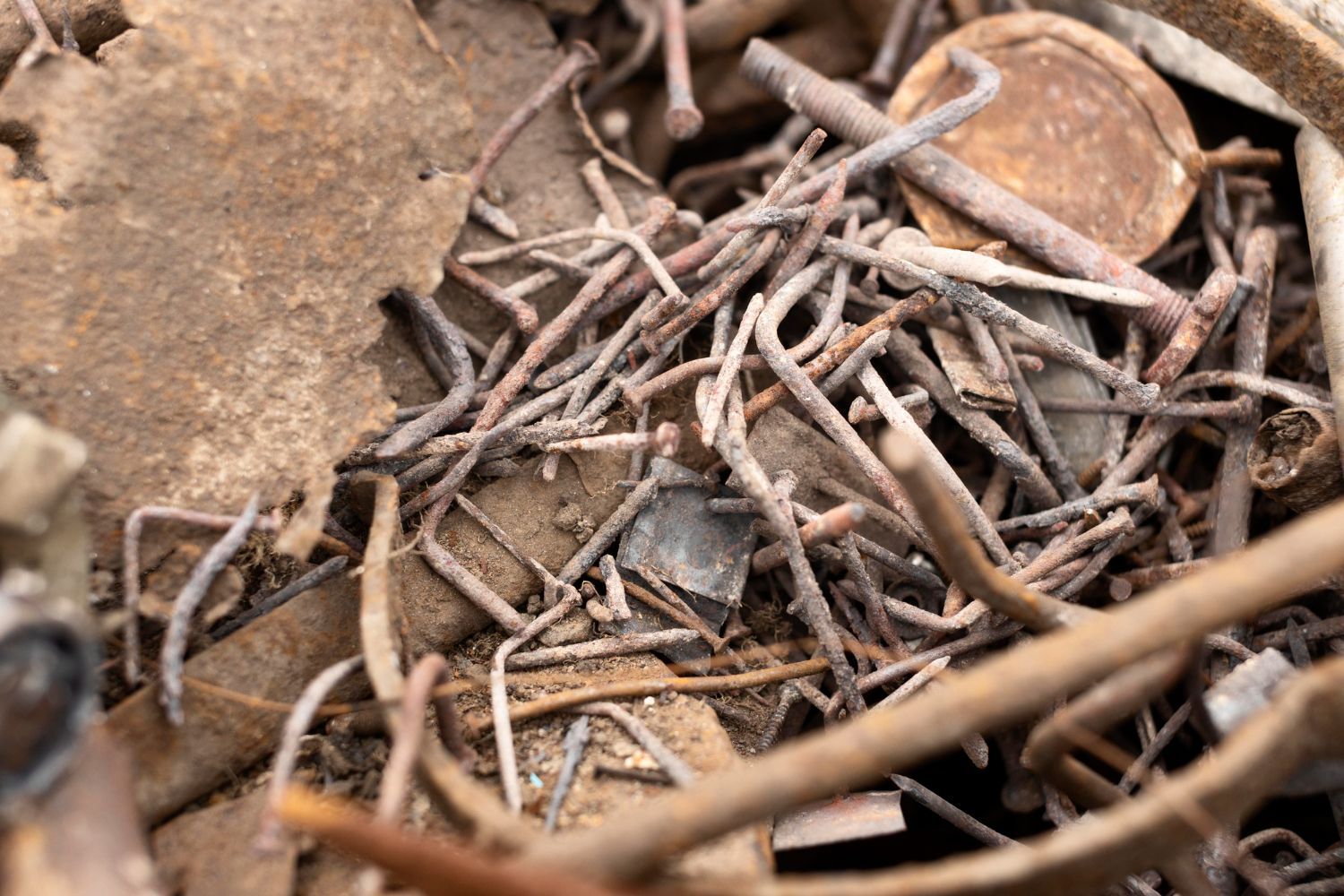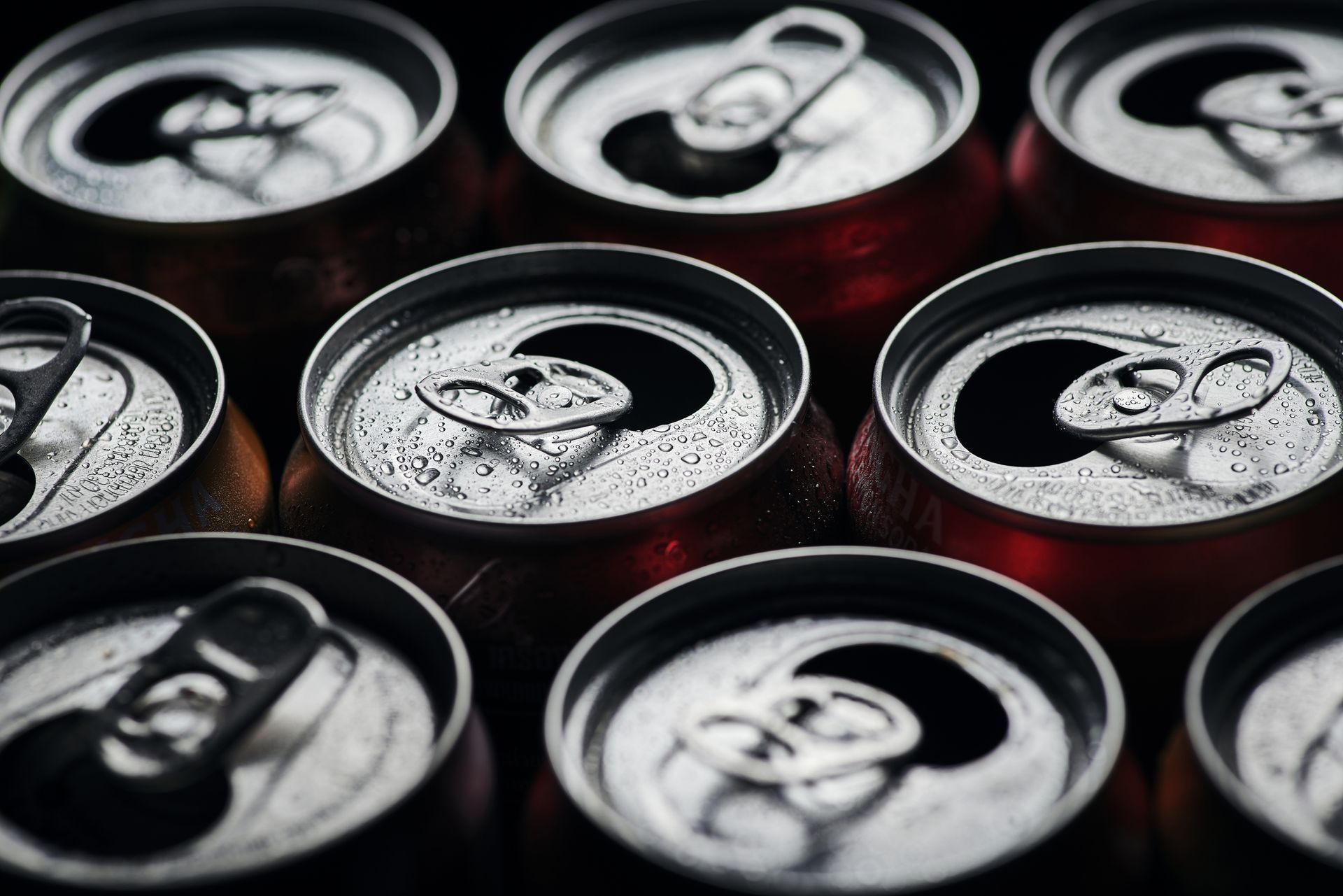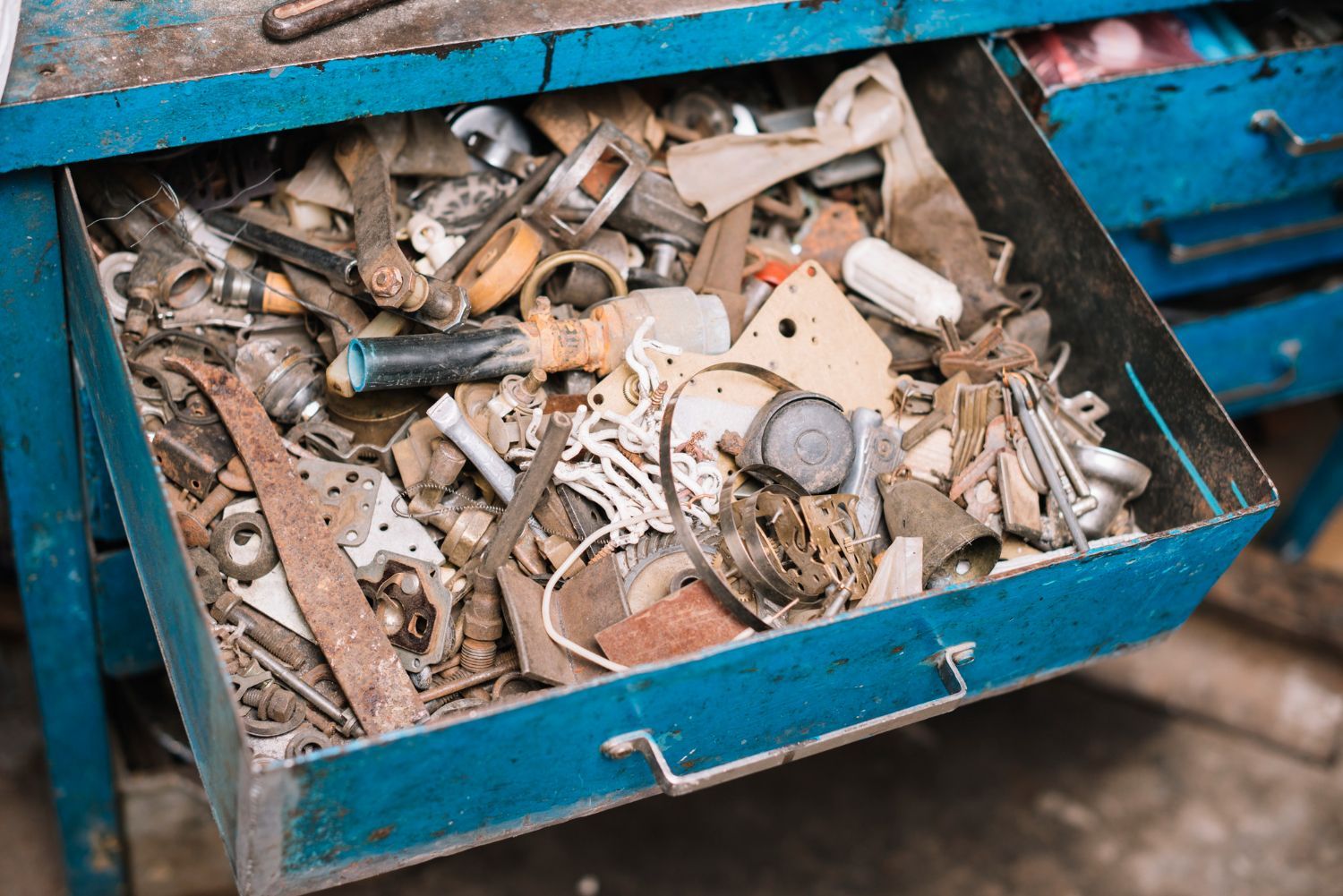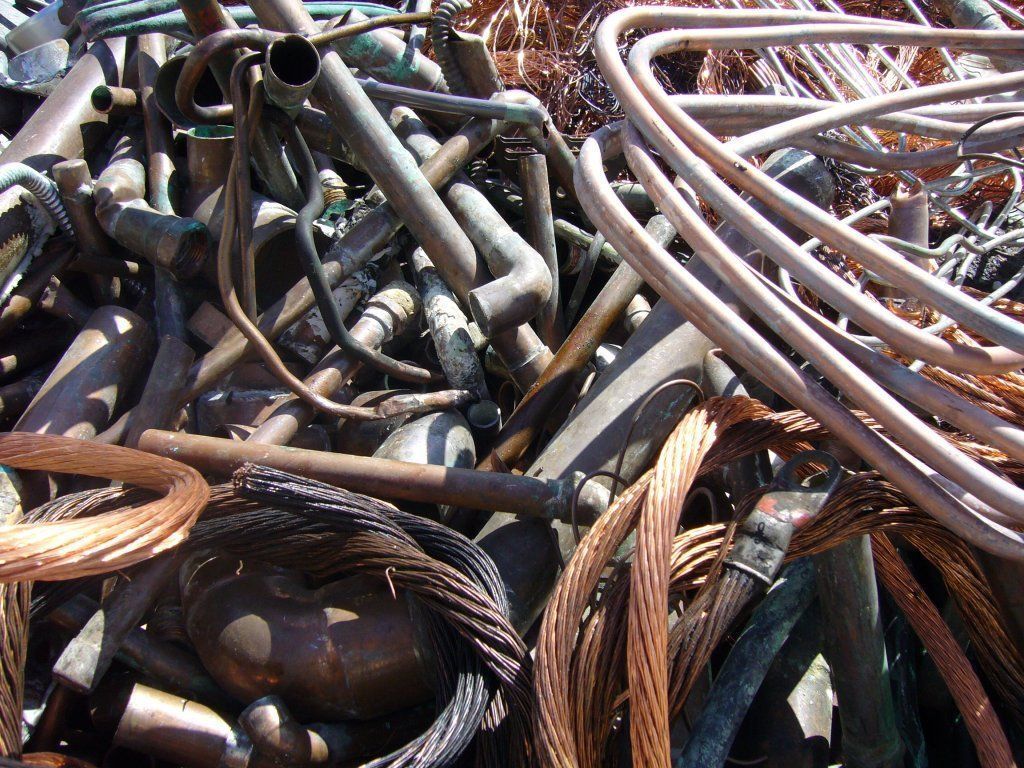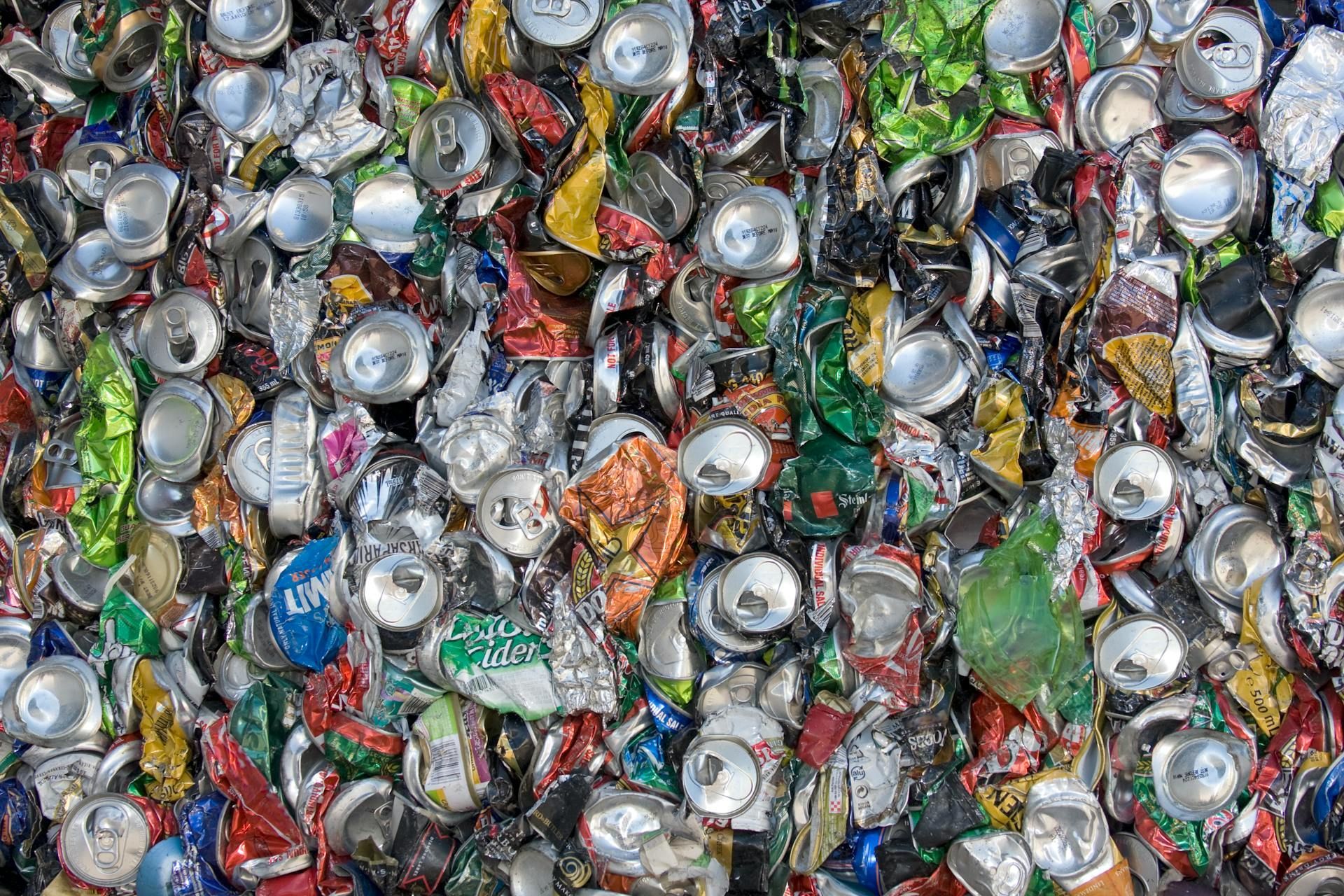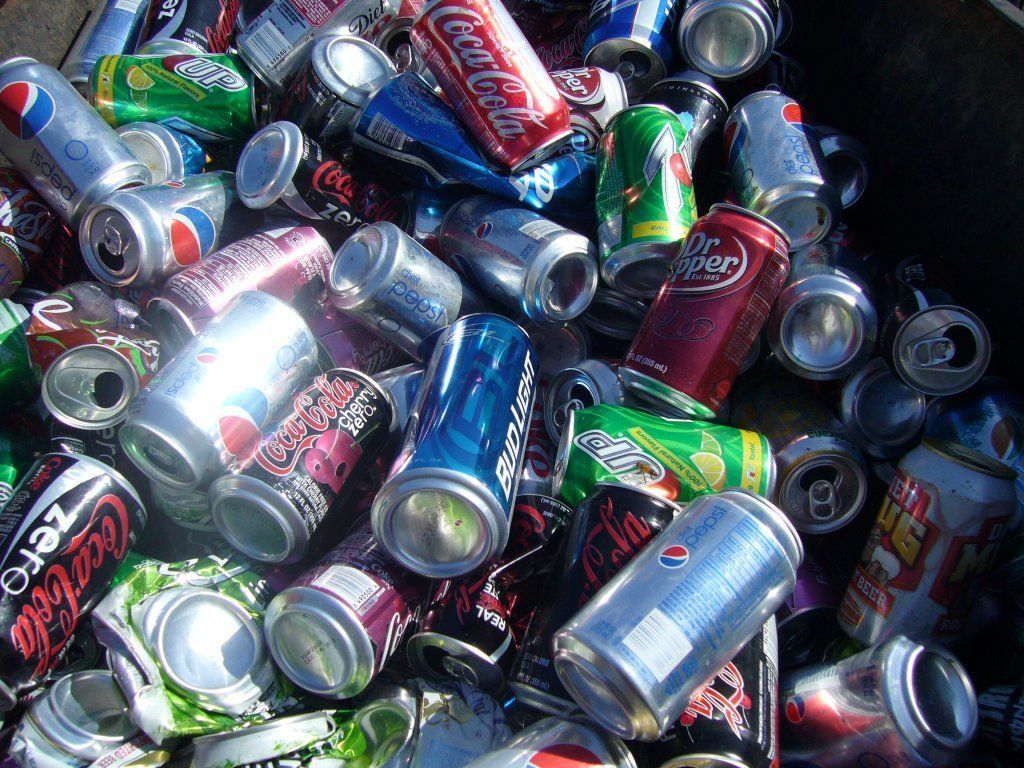Plastic Recycling: The Nuts and Bolts
Did you know that global manufacturers produce around 300 million tons of plastic each year? That is nearly equivalent to the entire human population's weight!
Sadly, plastics are non-biodegradable and a threat to the environment. That is why most state and local governments in the United States and other regions encourage vigorous recycling. Read on to discover the plastics you can recycle and why plastic recycling is indispensable.
Commonly Recycled Plastics
Most reputable recycling centers accept high-density polyethylene (HDPE), polyethylene terephthalate (PET), and polypropylene (PP) plastics.
High-Density Polyethylene
High-density polyethylene (HDPE) is a plastic that most manufacturers use to make shampoo bottles, toys, milk jugs, chemical containers, recycling bins, cereal box liners, grocery bags, and piping systems.
Many companies pick HDPE over other materials because it's cost-effective, durable, non-leaching, and UV-resistant. This material is also one of the most recyclable plastic polymers.
Recycled HDPE has many uses, including making rope, trash cans, bike racks, pens, furniture, and picnic tables. According to the EPA (Environmental Protection Agency), HDPE products have a higher recycling rate than many other plastics, including PET bottles and jars.
Polyethylene Terephthalate
If you look around your home or workplace, you'll likely see at least one item made from polyethylene terephthalate (PET). It can be a soda bottle, peanut butter jar, or food packaging container.
Numerous attributes have made this material popular in the food and beverage industry, including optimum strength, shatter resistance, and lightweight. Most importantly, PET is recyclable.
Experts often turn recycled PET plastic into essential products like brand-new water bottles and other rigid packaging solutions. Some also use this material to make fabrics used in carpets, apparel, bags, seat belts, roofing insulation products, etc.
US recycling centers recover around 1.5 billion pounds of used PET bottles each year, making this material one of the most recycled plastics globally.
Polypropylene
Polypropylene (PP) is one of the safest plastics available today. This material is approved by the FDA (Food and Drug Administration), which is why many recycling centers use it to make containers for holding different products, including cream cheese, butter, and yogurt.
This rigid plastic is also favored by companies that make shampoo bottles and deodorant containers. Unfortunately, PP isn't widely recycled, despite being one of the easiest to recycle and most versatile polymers.
Polypropylene, in its recycled form, has many uses. Manufacturers often turn this material into many different products, including kitchenware, industrial materials, and fibers for clothing.
Reasons to Recycle Plastics
Below are several must-know reasons to recycle plastics.
Reduce Plastic Pollution
Most plastic products take a ridiculously long time to decompose in a landfill. For instance, plastic bottles can take 450 years. That means such items condemn usable land and dumping sites to centuries of plastic waste.
Recycling helps the globe avoid that issue from growing by reducing the number of plastic items dumped in landfills and other areas. That cuts pollution across ecosystems and protects land and water sources from contamination.
Save Landfill Space
Americans produce a large amount of garbage annually. Since most of this ends up in landfills, the US may run out of landfill space.
Luckily, recycling plastics helps the nation keep materials out of landfills. That, in turn, reduces reliance on these spaces and staves off complications arising from overreliance on landfills, including excessive smog emission and adverse climatic changes.
Plastic recycling plays a vital role in protecting the environment by reducing plastic pollution and saving landfill space. Plus, it facilitates the diversion of materials from incinerators, consequently cutting the emission of pollutants like waste gases.
If you want to play your part in environmental conservation, use the plastic recycling programs offered by reputable companies like Bruce Metal & Salvage. We tailor our services to accommodate all residential, commercial, and industrial sectors. We also accept CRV (California Refund Value) plastics and offer top dollar for these items. Contact us today for more information.




